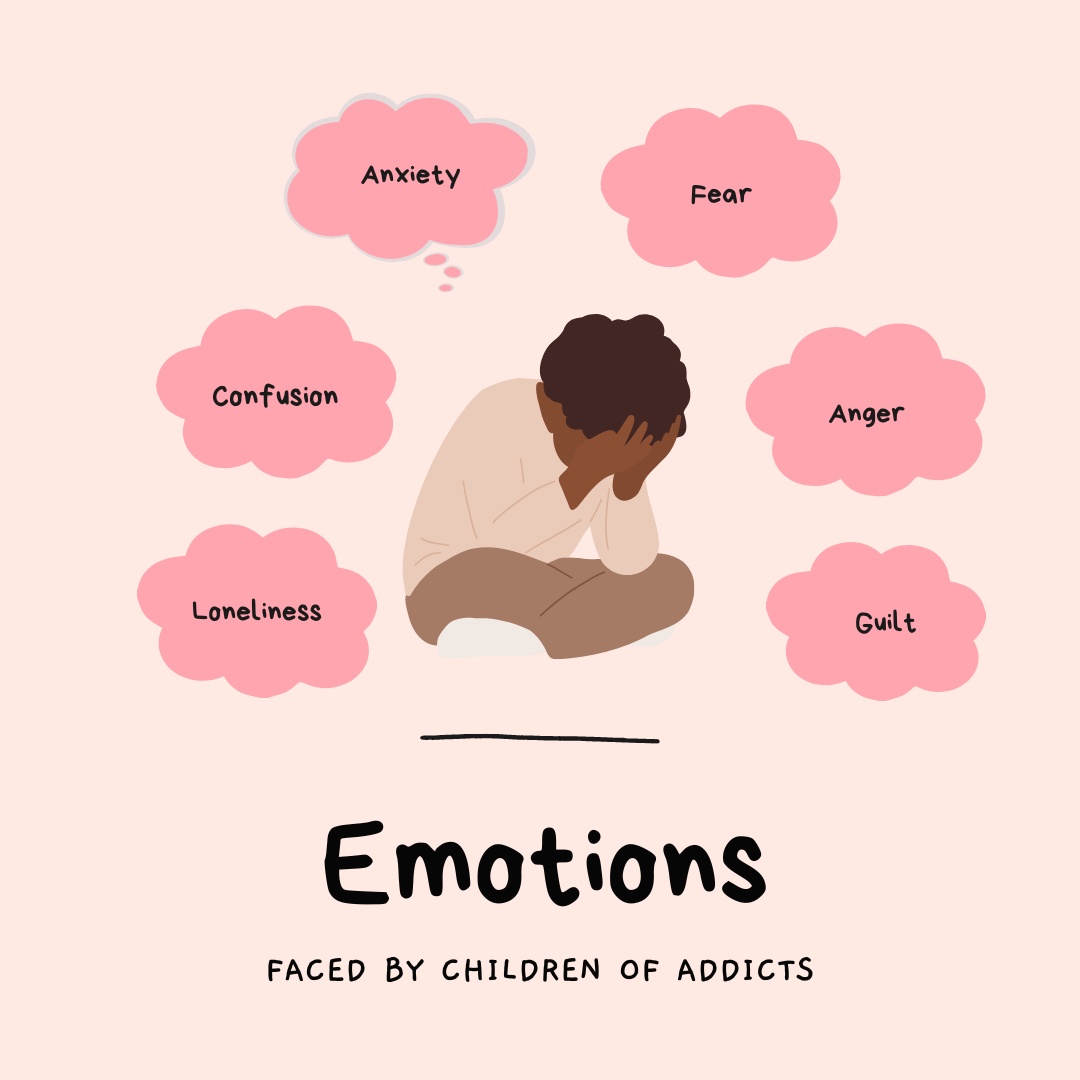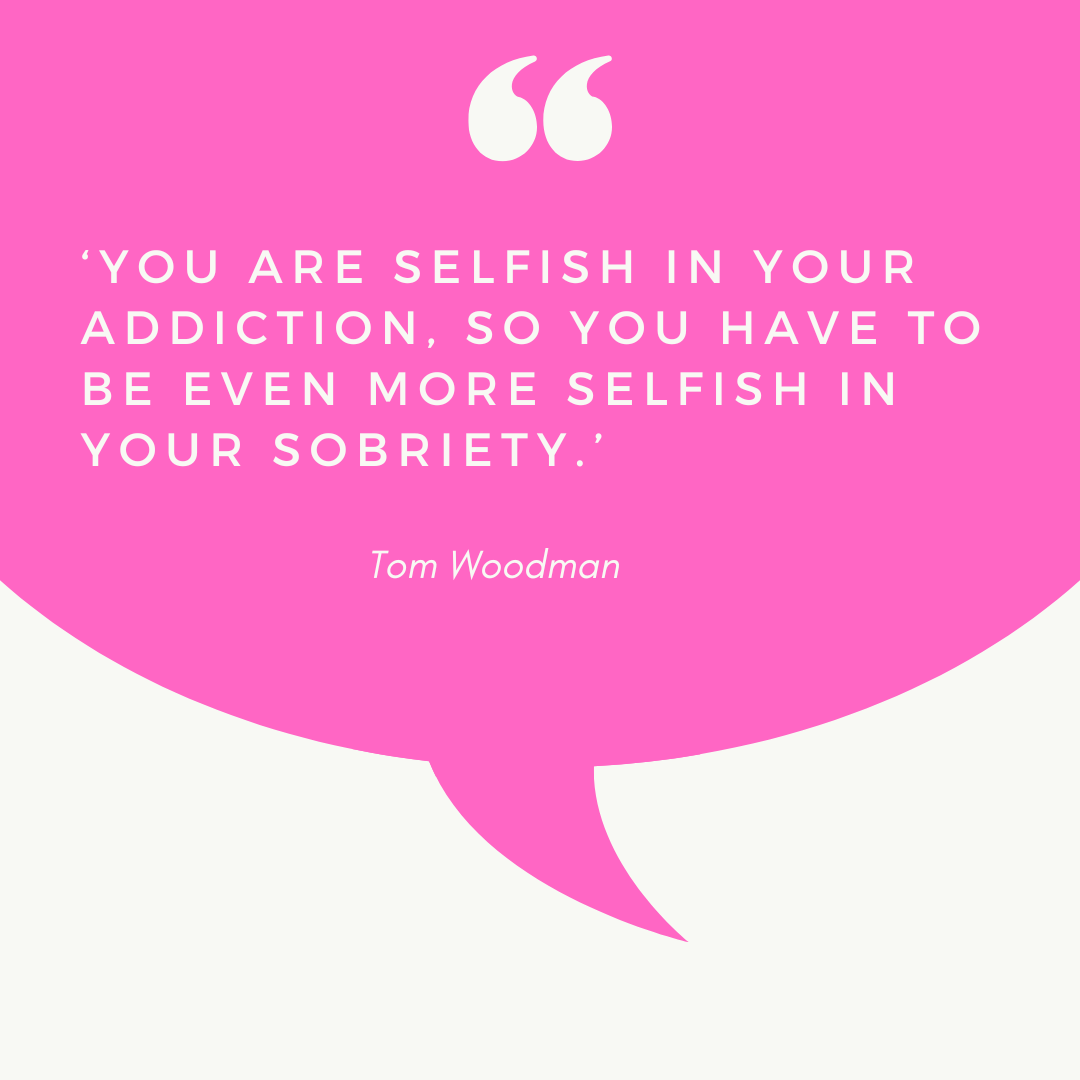
Written by:
Last Updated:
March 31st, 2025
Addiction can be a cruel and devastating condition. Just like a riptide, dependence has the potential to ravage all that is in its way, destroying relationships and tearing apart families in its wake. As a parent, it can be difficult to return to familiarity after rehab, reconnecting with your child after having to take a step back for your own wellbeing.
While it might seem uncertain right now, we would like to assure you that, with the right attitude, familial relationships impacted by addiction can be repaired. On this page, we will take a closer look at some of the emotions experienced by children of addicts, outlining helpful tips which can benefit the process of healing, especially in the early stages of recovery.
How will my child respond once I get back from rehab?
Repairing damaged relationships is never easy, and expecting your child to welcome you back home with open arms is often unrealistic. Even if you managed to keep your child out of your addictive behaviours, it might still have affected them in ways that aren’t immediately apparent.
If you have recently attended rehab and have a child, you may be eager to understand more about some of the feelings children can commonly encounter. Of course, these emotions will depend on varying factors, such as the age of your child and the conditions of your relationship, but some emotions frequently experienced by children of addicts can include:
- Anxiety
- Fear
- Confusion
- Anger
- Lonely
- Guilt
Emotions are far from straightforward; it is common for children to experience several of the feelings above, all at once. For example, some children can experience lasting periods of guilt, believing they are somewhat responsible for their parents’ issues with addiction. This is often due to “role reversal”, an all-too-common phenomenon where children take on the part of “parent” while the caregiver is too entrenched in their addiction to look after themselves. That intense feeling of responsibility can leave the child carrying a heavy burden, responding with outbursts of anger, confusion, or even fear as they work through these complex psychological responses.
One of our UKAT employees explains her experience: ‘I was feeling so many emotions at one time. I was fearful for her life, worried that if I didn’t tend to her every need that she would die. I was also so angry that, despite all my efforts, she just couldn’t get well. On top of this, I was suffering an intense sense of guilt and shame that I would be thinking these things about my own mother.’
Something we can learn from the statement above is that children who have witnessed active addiction first-hand will likely have their own issues to navigate, living in an environment that may have been unpredictable, volatile, or even dangerous. For this reason, witnessing a parent return home from treatment can bring these emotions to the surface in new and unlikely ways.
How can I best support my child after rehab?
Realising that you have a problem with addiction and finally making the decision to undergo rehab treatment to address your condition is a huge achievement which should not be taken lightly. However, it is important to return home with realistic expectations about your children’s responses, understanding that rebuilding this relationship will not happen overnight. That being said, there are some methods you can employ to nurture this relationship once returning home from rehab.
Allow them to work through their emotions at their own pace…
“I learned from as early as I can remember that I couldn’t depend on my mum or dad for emotional support, so I kept my feelings to myself. I remember feeling scared, lonely and sad about my dad’s drinking, but I didn’t want to get him in trouble. I got so good at repressing my feelings, that now, in my late thirties and after years of therapy, I am only now learning how to process my feelings. Up until recently, I couldn’t even name them, let alone express them.”
Celeste Barker, Alumni Coordinator, UKAT
If you have more than one child, or even friends in recovery with children, you may witness forgiveness far sooner than is the case for you. However, it is crucial to remember that children move at their own pace, and some will need more space than others. For example, while some children may be able to move on quickly without much harm being done, others can find themselves facing difficulties adjusting to this change. Young children, in particular, can be very susceptible to emotional dysregulation, and even though you may be on the path to recovery, your child will likely still be feeling the effects of your addictive behaviour. Much like your recovery is an ongoing process, so is theirs.
If you want to apologise, do it the right way…
‘Watching my mum enter recovery again, after more than one relapse – I was hesitant to let her into my life. I wanted to believe that this time it would be different, I really did, but I was so used to having walls up for my own protection – I didn’t want to get hurt again.’
As many of us know first-hand, relapse is a part of the recovery process. Obstacles can be encountered and, for many, dangerous behaviours may resume in efforts to cope with the situation at hand. For children of addicts, witnessing their parent relapse many times can leave them sceptical or uncertain about their parents’ recovery. For this reason, honesty is of vital importance, as it is likely that you may have lied or broken promises while you were caught in the cycle of active addiction.
A good starting point for making amends comes with acknowledgement, recognising that your actions have come with their own consequences, and reassuring your child that you are making a conscious effort to ensure these behaviours do not return again. Next, it is essential that you are realistic, understanding that, even if your child responds negatively about your recovery, they are not doing so out of malice. It is likely that they are still working on processing these changes for themselves.
If you:
Tell your child you have an illness which means you are not responsible for your actions.
Try instead to:
Acknowledge you have made a mistake and show your child(ren) that you are taking action to prevent this from happening in the future.
Always prioritise your recovery…
As the parent to a child, it is understandable to take on full responsibility of restoring this relationship yourself, ensuring the family unit is restored as you begin your new life. However, it is important to recognise that it is not entirely up to you to enable this process; it is one that must happen in its own time. Most importantly, it is crucial that you continue to prioritise your own recovery, giving your child the space to embark upon that journey for themselves.
If you are the parent to an adult child, it is also crucial to remember that they may require more specialised support in rebuilding this relationship. Support resources are available; there is a 12-step programme for family members of alcoholics, called Al-Anon, which many people find to be helpful. The charity Adfam also has lots of information which can be very useful for family members. While you can make sure they have access to these resources, you must then be willing to take a step back and let them heal in their own time.
“I have learned that forgiveness is not a linear process. There are ups and downs, and sometimes I still get pangs of resentment about what I have been through. That is when I knew that I needed therapy to come to terms with my past, before letting my mum back into my life.”
Be kind to yourself.
Leaving a rehab facility equipped with the tools to start a new life, free from addiction is an exciting journey, but it can be especially challenging if you do not have the full support of your child as you begin this process. However, now is the time to be kind to yourself, accepting that your child is not responsible for your recovery, and you are not responsible for theirs. You may have to accept that it will take time for your child to begin to trust you again, but in working on your recovery and remaining consistent with this, things can only get better.




